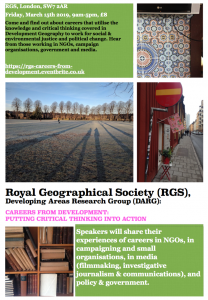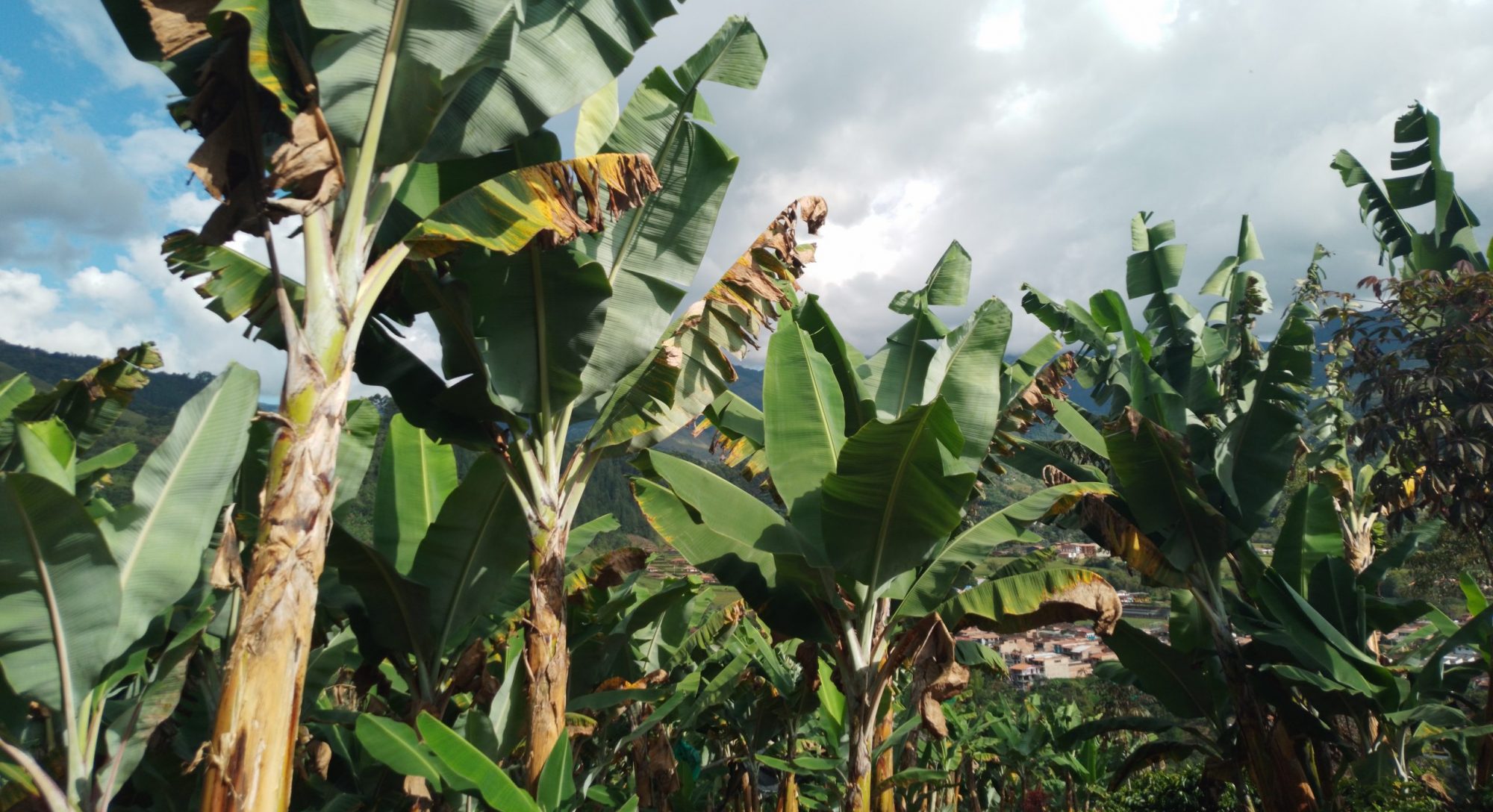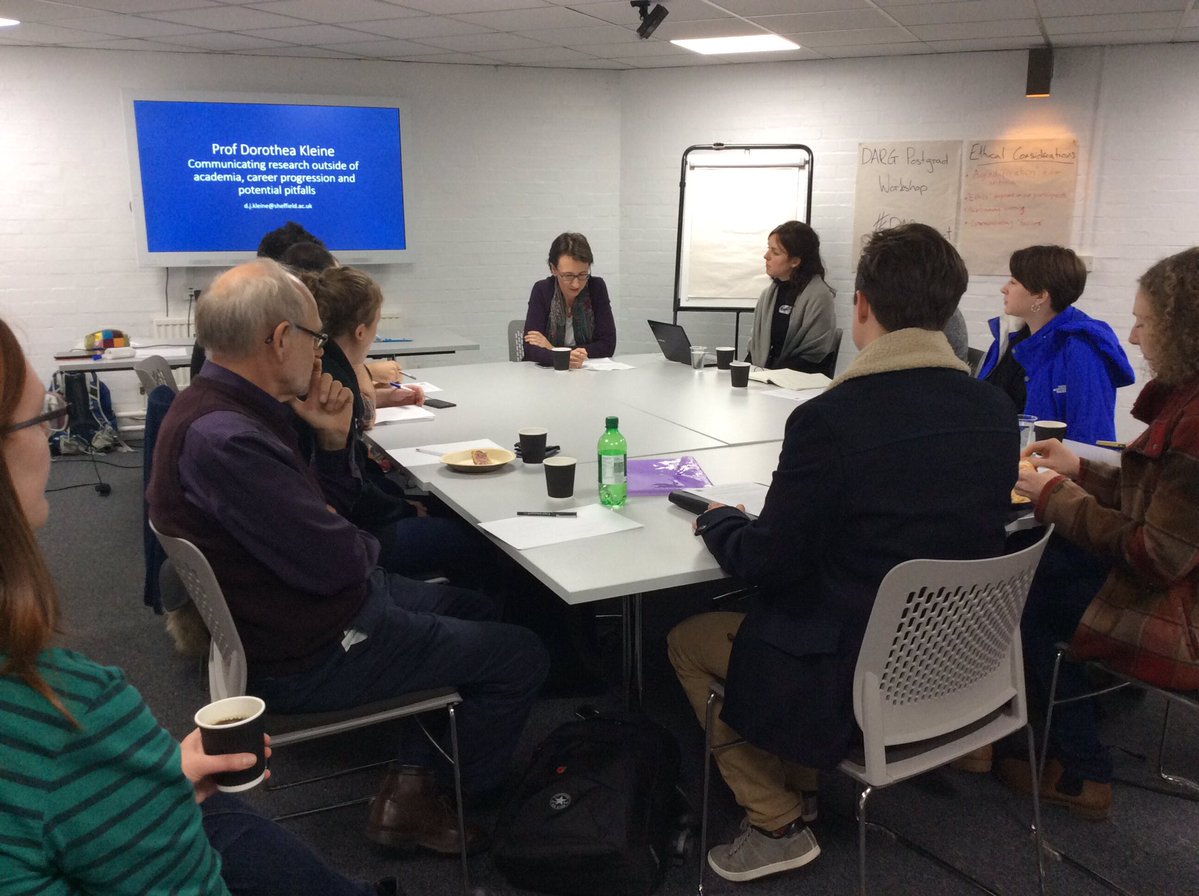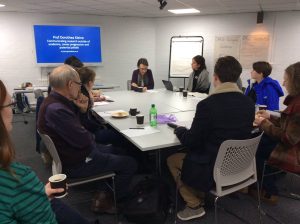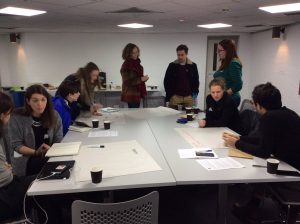We are currently sponsoring four sessions for the RGS-IBG Annual Conference 2018. Please see information below and do consider submitting an abstract to one of them.
Sustainable Landscapes: how is the sustainable development agenda (re)working and (re)producing landscapes?
Jessica Hope
Vice-Chancellor’s Fellow, Department of Geography, University of Bristol
Jessica.hope@bristol.ac.uk
This DARG sponsored panel interrogates reiterations of sustainable development, as it becomes a guiding principle for global development following the 2015 launch of the UN Sustainable Development Goals (SDGs). This is in response to increasing recognition of human-induced climate change, and despite the concept being much critiqued as a buzzword “unavoidable, powerful and floating free from concrete referents in a world of make-me-believe” (Adams 2009). In this panel, we will debate the contemporary landscapes being changed and (re)produced by the sustainable development agenda, as well as the extent of its power in relation to wider shifts in development (Mawdsley 2016, 2017). Firstly, we will question what kinds of landscapes are being created and how – for example, through discourse and transformative imaginaries (Foucault 2002; Cosgrove 2008), assemblages, networks and actors (Braun 2006; DeLanda 2006), its methods for data collection and measurement (Jerven 2013), and the ways it encounters and values the non-human (Lorimer 2012; Sundberg 2014). Secondly, we will identify, examine and assess the practices that constitute emergent and dominant forms of sustainable development and thirdly, consider the knowledges, natures, debates and conflicts that are being overlooked or actively excluded.
Please send a 300 word abstract to Dr Jessica Hope by Wednesday February 14th along with a brief biography.
Adams, W.M., 2009. Green Development: environment and sustainability in the Third World. Routledge.
Braun, B., 2006. Towards a new earth and a new humanity: nature, ontology, politics (pp. 191-222). Blackwell Publishing Ltd.
Cosgrove, D., 2008. Geography and Vision: Seeing. Imagining and Representing the World (IB Tauris, London).
DeLanda, M., 2006. A new philosophy of society: Assemblage theory and social complexity. A&C Black.
Foucault, M., 2002. The order of things: An archaeology of the human sciences. Psychology Press.
Jerven, M., 2013. Poor numbers: how we are misled by African development statistics and what to do about it. Cornell University Press.
Lorimer, J., 2012. Multinatural geographies for the Anthropocene. Progress in Human Geography, 36(5), pp.593-612.
Mawdsley, E., 2017. Development geography 1: Cooperation, competition and convergence between ‘North’and ‘South’. Progress in Human Geography, 41(1), pp.108-117.
—-2016. Development geography II: Financialization. Progress in Human Geography, p.0309132516678747.
Sundberg, J., 2014. Decolonizing posthumanist geographies. cultural geographies, 21(1), pp.33-47.
Peripheral urbanisms: Exploring the significance of urban change and continuity across comparative peripheries
Dr Paula Meth & Prof Alison Todes
Reader & Director of Undergraduate Programme
Department of Urban Studies and Planning, University of Sheffield
p.j.meth@sheffield.ac.uk
This panel focuses on the spatial edges of large cities and city-regions across the world, with a particular, but not exclusive focus on cities in the global South. These edges present a complex mix of poorly understood, and often unresearched, urban transformations. Urban changes often signal new forms of investment, either by private sector interests, or in relation to geographically particular state-directed investment in infrastructure (including housing) or employment creation – sometimes part of national policy measures. Pressures on housing markets in other parts of a city can also have spill-over impacts on different peripheral locations. Lower land costs, particular forms of tenure and regulation may also underpin growth in these areas. At the same time, parts of urban peripheries are subject to absences of investment, or declines in earlier interventions, tied to global shifts of capital or the repositioning of priorities, which may result in depopulation, loss of working age residents or rising poverty. These undulations have significant impacts on the everyday lives of local residents, affecting employment opportunities, and accessiblity to services, education and health, with some areas languishing while others evolve slowly under the steam of piecemeal local responses. Importantly, the nature of local, city and national governance structures shapes these changes and continuities, hence weakness or conflicting governance demands impact on these peripheral urbanisms resulting in poorly managed outcomes or the cherry-picking of particular localities over others. Urban peripheries are themselves varied, as land availability and ownership, environmental quality, transport links etc all work to differentiate urban living and urban change, with wealth and poverty evident.
Our panel aims to attract researchers (and other urban colleagues) who are interested in questions relating to particular or comparative urban peripheries. The panel will include papers from our African Peripheries project (see https://www.wits.ac.za/urbanperiphery/) but welcomes papers which draw on empirically-grounded material relating to other urban contexts. The panel welcomes papers focusing on spatial practices, political and governance trends and interventions, economic processes and social realities among other issues and reflects on the significance of these for urban theory. Papers which examine methodological or conceptual challenges of researching ‘Peripheral urbanisms’ are also welcome.
Interrogating relationships between spatial and social mobility in the Global South
Marta Bivand Erdal
Research Professor
Peace Research Institute Oslo (PRIO)
www.prio.org/staff/marta
www.prio.org/migration
This session seeks to interrogate the variegated relationships between spatial mobility and social mobility in societies in the Global South. Relationships between migration and development have received substantial attention in recent years, notably foregrounding the salience of remittances at the household level (Carling 2008; Clemens and Ogden 2014; de Haas 2006). Scrutinizing the ways in which migration interacts with development processes, one conclusion appears to be that migration is an integral component to social change, whereas its exact functions and dynamics are highly context-dependent (de Haas 2010; Sana and Massey 2005; Skeldon 2014). Meanwhile, there also appears to be some potential for moving the understanding of relationships between spatial mobility and social mobility further, especially by juxtaposing analyses built on the specifics of particular contexts, and through constructive dialogue between different strands of scholarship.
This session’s engagement with relationships between spatial mobility and social mobility in the Global South, draws on scholarship at the intersections of geography, development and migration studies (de Haan 1999; Gibson et al 2010; Rigg 2007). Hence building on work which has explored the roles that migration plays in livelihood pathways for individuals and families (Myroniuk and Vearey 2014; Rigg et al 2014; Rigg 2007), some of which foregrounds the roles of education, intertwined with migration, for social mobility (Boyden 2013; Smith et al 2014). It also draws inspiration from the field of youth studies, especially in African contexts, where the interplay of spatial and social mobility emerges as crucial (Gough 2008; Langevang and Gough 2009).
In Africa, much as in Asian societies, urbanization is perhaps the most crucial process whereby spatial mobility and outcomes regarding quality of life and future prospects interact, making cities a crucial avenue for research (Gough et al 2015). Interrelated with urbanization, the rise of ‘new middle classes’ in African and Asian contexts, is receiving attention, where spatial mobility also matters (Page and Sunjo 2017). The multi-locality of livelihoods themselves is a further dimension of relationships between spatial mobility and social mobility, which merits attention (Thieme 2008; Schroder and Stephan-Emmich 2016); and associated with this, sustained transnational ties which migration might lead to, among other involving a potential insurance mechanism through remittances, as protection to various shocks (Mazzucato 2009).
For the purposes of this session, spatial mobility is understood to include rural-to-urban migration, internal and international migration, whether regionally or further afield. Social mobility, in turn, is understood in contextual, emic terms, as improvement, in terms of quality of life, the realization or promise of prospects for life, including but not limited to securing material wealth. Different units of analysis are of relevance, including individuals and families, notably with a lens sensitive to gendered dimensions, but also neighborhoods, communities, or cities. With appropriate data available, national level analyses, distinguishing between differing types of spatial mobility, and their connections with various economic outcomes, are important in order to better understand patterns at an aggregate level.
Papers addressing the challenge of ‘interrogating relationships between spatial mobility and social mobility in the Global South’, submitted for this session, might focus on – but need not be limited to – e.g.:
- exploring the roles (and non-roles) which migration – past, and present – plays in the emergence of ‘new middle classes’ in Asia and Africa
- exploring how education plays a role in quests for social mobility, where spatial mobility might also come into play
- comparative analyses of the interplay of spatial mobility and social mobility, between several contexts
- longitudinal intergenerational analyses of the interplay of spatial and social mobility in extended families (and/or households) over time
Beyond the standardised urban lexicon: Which Vocabulary Matters?
This panel is jointly sponsored by Royal Geographical Society’s (with the Institute of British Geographers) Developing Areas Research Group (DARC) and Postgraduate Forum (RGSPGF) Session Conveners: Shreyashi Dasgupta and Noura Wahby, University of Cambridge, UK
Session Abstract: The framing of the urban lexicon has been standardised and dominated based on the Euro American context. However, contemporary urban theories from Global Cities, World Class Cities, to Ordinary Cities, Comparative Urbanism and Southern Urbanism have indicated the shift in understanding the ‘urban’ and ‘cities’ from various perspectives. The urban vocabulary is continuously growing in an attempt to capture the complex power dynamics, changing geographical landscapes as well as urban processes. How we read cities and where we place them in a global lexicon is increasingly contested especially around basic questions, such as the meaning of ‘the urban’, boundaries of country and city, among others (Parnell 2014). In particular, the nature of the inclusion of experiences from the Global South is under great scrutiny and debate. These conceptualisations have resulted in an expansion of Southern vocabulary that is continually transformed as new ground realities emerge. Debates surrounding the use of the word ‘slum’, ‘smart cities’, ‘urban poor’, ‘legal’, ‘illegal’, ‘formal’, ‘informal’, ‘periphery’ and so on are especially indicative of the power idiosyncrasies inherent in the choice of vocabulary, where adoption of different types of definitions lead to discriminatory government policies, cosmetic donor programs and complex community identities.
It is thus important to trace how Northern-based theory and concepts are applied in spaces such as the Global South, or across new geographies of national spaces elsewhere. Similarly, we aim to bring to light in-depth analyses on the adoption of new lexicons, the dominance of certain voices, the capture of terminologies by powerful stakeholders, and the recycling of words from the ground-up or vice versa. This panel aims to bring together conceptualisation and interventions that bridge the divide between theory and practice to understand produced mismatches in applying standard urban terms to ground realities.
Bibliography
Bhan, G (2016). ‘In the Public’s Interest: Evictions, Citizenship and Inequality in Contemporary Delhi’. University of Georgia Press.
Parnell, S and Oldfield, S (2014). ‘The Routledge Handbook on Cities of the Global South’. Routledge: New York. RGS-IBG 2018 Annual International Conference Page 2
Simone, A. (2017). ‘Living as logistics: Tenuous struggles in the remaking of collective’ in ‘The Routledge Companion to Planning in the Global South. Routledge: New York.
Schindler, S (2017). ‘Towards a paradigm of Southern Urbanism’. City. 21 (1) 47-64
Watson, V (2009). ‘Seeing from the South: Refocusing Urban Planning on the Globe’s Central Urban Issues’. Urban Studies. 46 (11) 2259 to 2275.
If you would like to participate in the session please submit an abstract (maximum 300 words) along with the name and affiliation to Shreyashi Dasgupta (sd681@cam.ac.uk) and Noura Wahby (nw352@cam.ac.uk) by Thursday 8th February 2018. The length of session will be of 1 hour and 40 minutes. It will be comprised of 5 papers that will be of 15 minutes each. A discussion of 25 minutes will follow as well as closing remarks by the session chair. We would also like to encourage scholars to explore different mediums of presentation, such as photo essays, short videos, among others.
